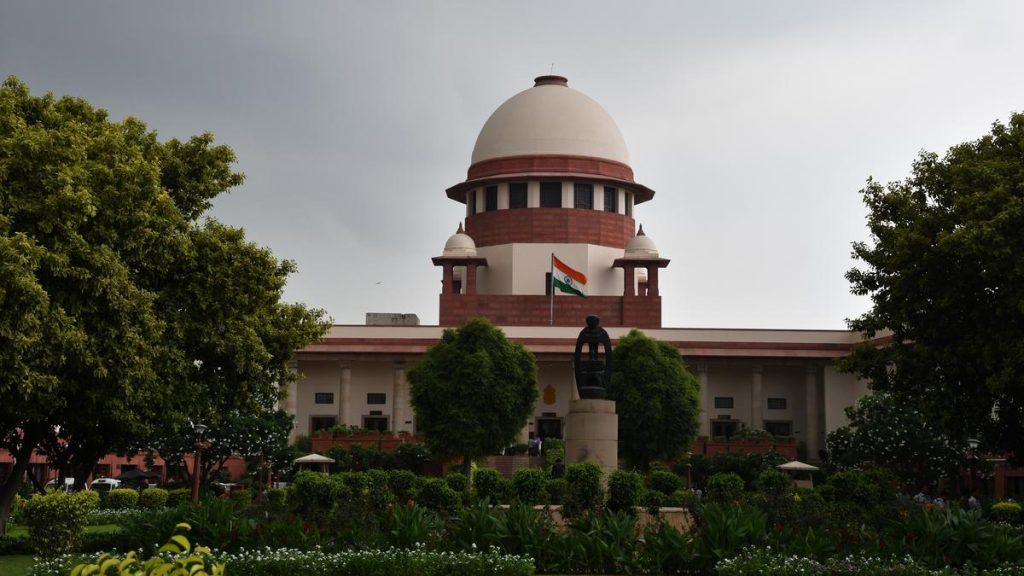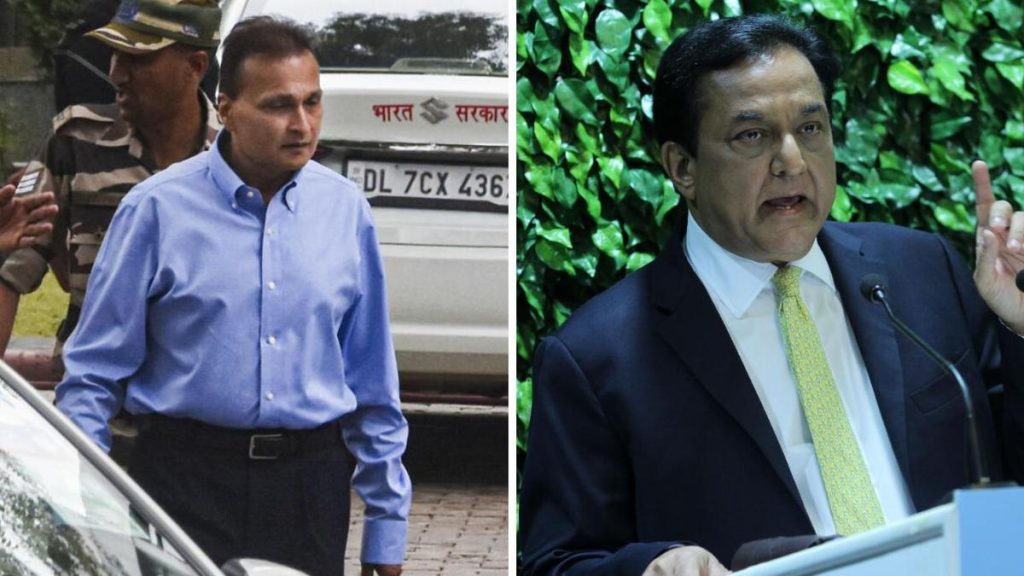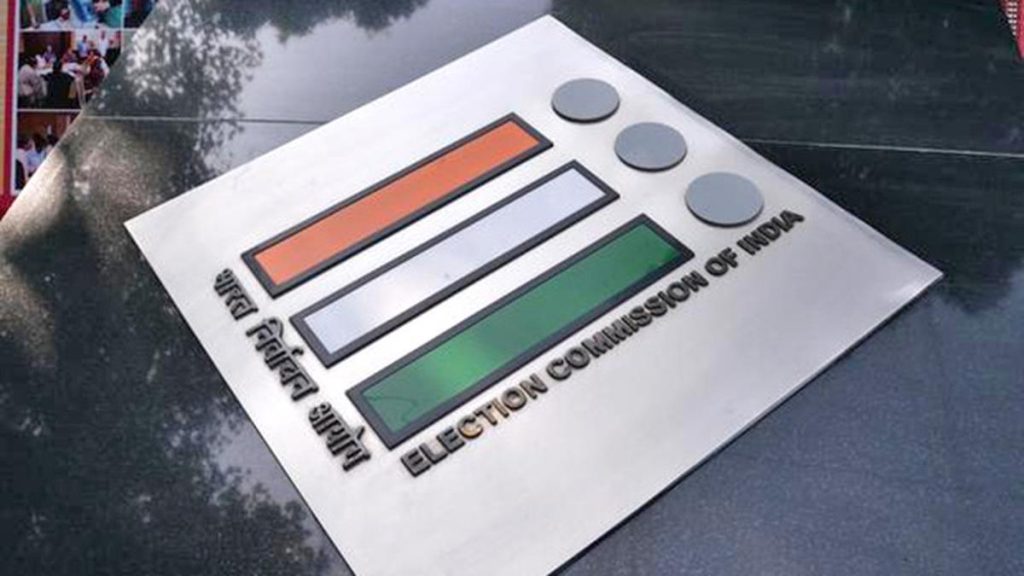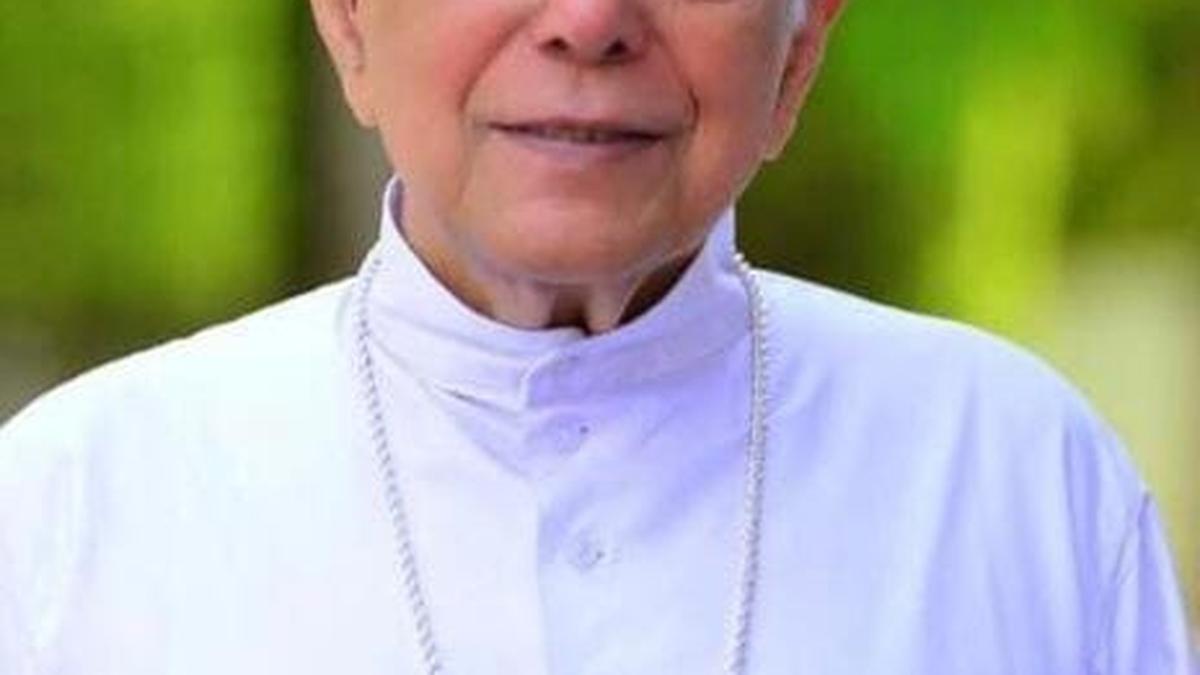Now Reading: Waqf Protest Committee Responds to SC Interim Order with Mixed Reactions
-
01
Waqf Protest Committee Responds to SC Interim Order with Mixed Reactions
Waqf Protest Committee Responds to SC Interim Order with Mixed Reactions

Swift Summary
- The Waqf Protest Committee expressed mixed reactions to the interim order issued by the Supreme court on September 15 regarding the Waqf (Amendment) Act,2025.
- Positive feedback was given for the courtS rejection of a rule that properties deemed as Waqf would lose their character if contested as government land.
- Disappointment was voiced over the lack of clarity on mechanisms to determine religious practice and inclusion of non-Muslim members in Central and State Waqf boards.
- Mufti Omar Abedeen Qasmi Madani emphasized that declaration of faith should grant equal rights nonetheless of the period of adherence to Islam.
- The committee asserted its resolve to continue fighting for sharia and constitutional rights, describing the law as unconstitutional.
Indian Opinion Analysis
The ongoing debate surrounding the Waqf (Amendment) Act, 2025 exemplifies deep concerns about balancing constitutional rights with legislative reforms. While certain aspects like preservation of property character under dispute align with community expectations, unresolved questions around governance structures and religious practices raise broader implications about pluralistic representation. Inclusion criteria for membership in Waqf bodies may spark further legal or political debates regarding India’s foundational values of secularism and minority autonomy. The committee’s emphasis on constitutional protections suggests that this issue may extend beyond immediate legal challenges into sustained public discourse.read More:

























